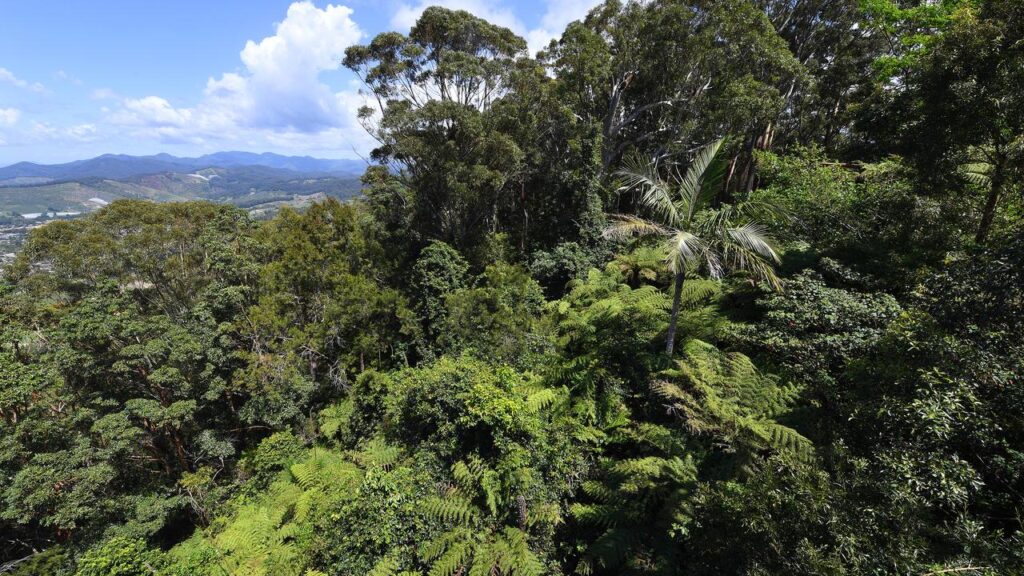Climate trigger ruled out of nature law reforms
Poppy Johnston |

Australia’s reworked environmental laws will not include a climate trigger, the federal environment minister has confirmed.
Murray Watt hardened his opposition to the possible assessment of climate harms under the Environment Protection and Biodiversity Conservation (EPBC) Act when pressed by senators on Tuesday.
A request of several environmental groups and the Greens, Senator Watt has previously indicated a climate trigger would be unlikely but a final decision had not been made.
Responding to questions from fellow senators on Tuesday, the environment minister said he was “happy to rule it out”, going on to define a trigger as “adding something regarding the impact of climate change as a matter of national environmental significance”.
Australia’s nature laws are intended to protect nationally significant places, ecosystems and wildlife, but the now five-year-old Samuel review declared the legislation ineffective and outdated, falling short in both nature protection and business certainty.
Reform has since been on the agenda but has faced several setbacks.

The EPBC Act legislation is still being drafted but Senator Watt confirmed the government is leaning towards the Samuel review’s handling of climate matters, which does not call for a trigger mechanism but rather asks proponents to disclose their scope one and two emissions and present an abatement plan.
Senator Watt says the safeguard mechanism, which sets emissions limits for the biggest polluters, and other federal policies handle greenhouse gas emissions from mines and other proposed projects, so a climate trigger is not needed.
The Australian Conservation Foundation and other environmental groups have argued climate change poses a threat to nationally significant wildlife and ecosystems and so federal nature protection laws should respond to the risk.
Senator Watt has promised to introduce new EPBC legislation to parliament by the end of 2025, a fast-tracked timeline aimed at securing “faster yesses and faster nos” for the clean energy transition and new housing.
The government needs the support of the Greens or the coalition to pass the laws and a deal has not yet been struck.
Senator Watt’s predecessor, Tanya Plibersek, almost secured a deal with the crossbench for a federal environmental protection agency – part of the broader reforms – but it was scuttled by Prime Minister Anthony Albanese following talks with West Australian Premier Roger Cook.
Regional planning processes are being improved to identify “go zones and no-go zones” for development as part of the nature law reform agenda.
Department of Climate Change, Energy, the Environment and Water officials said they were working with states and territories on eight regional plan pilots in Queensland, South Australia, New South Wales and Victoria.
AAP